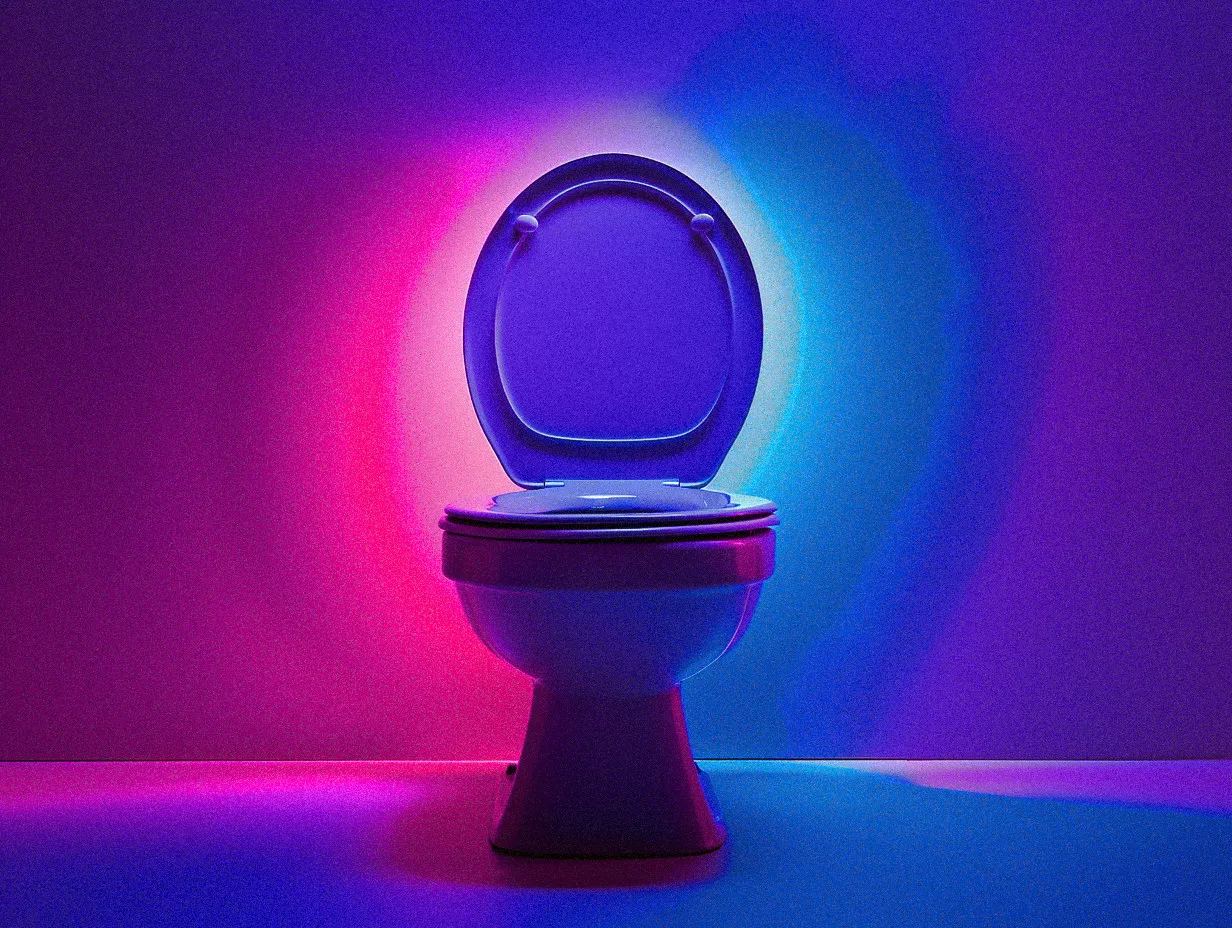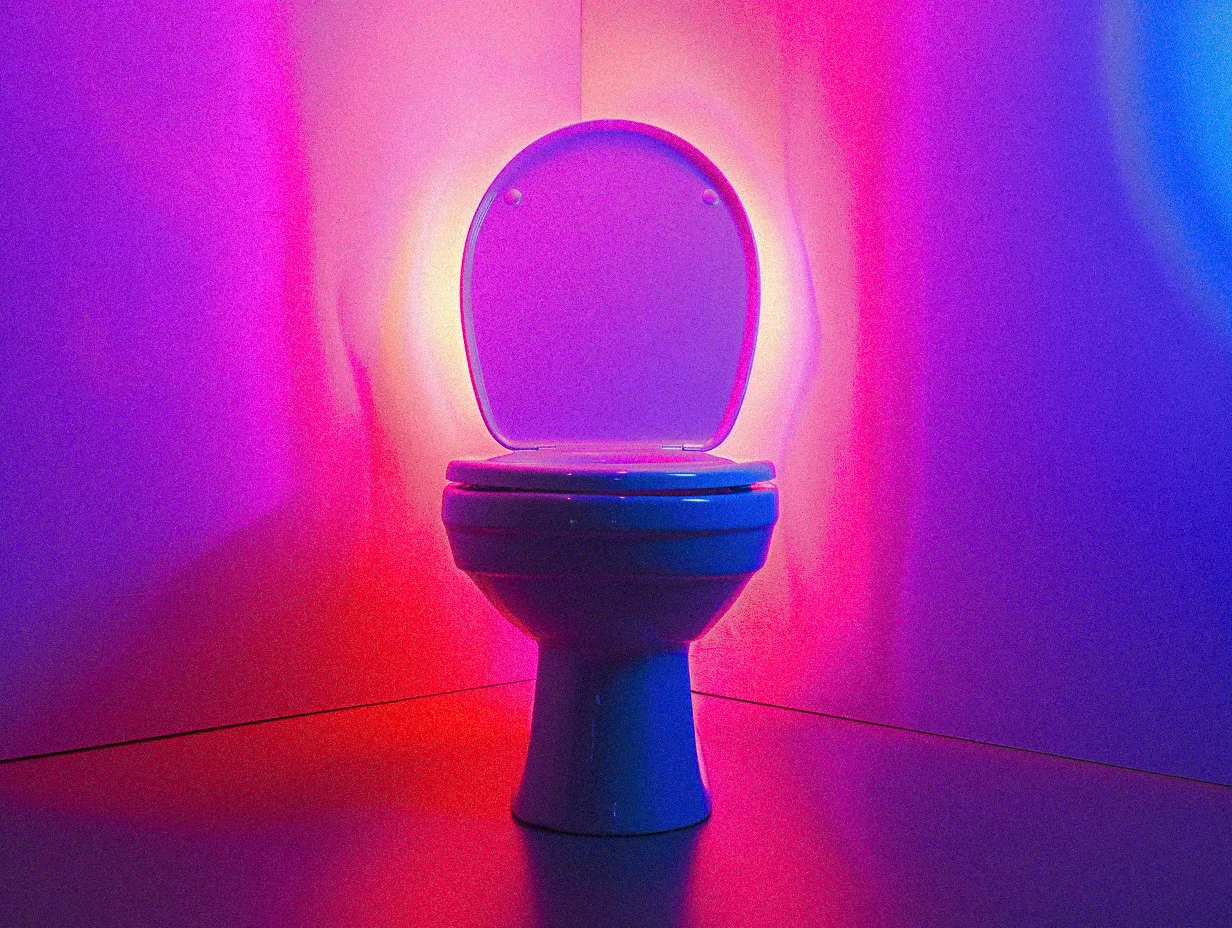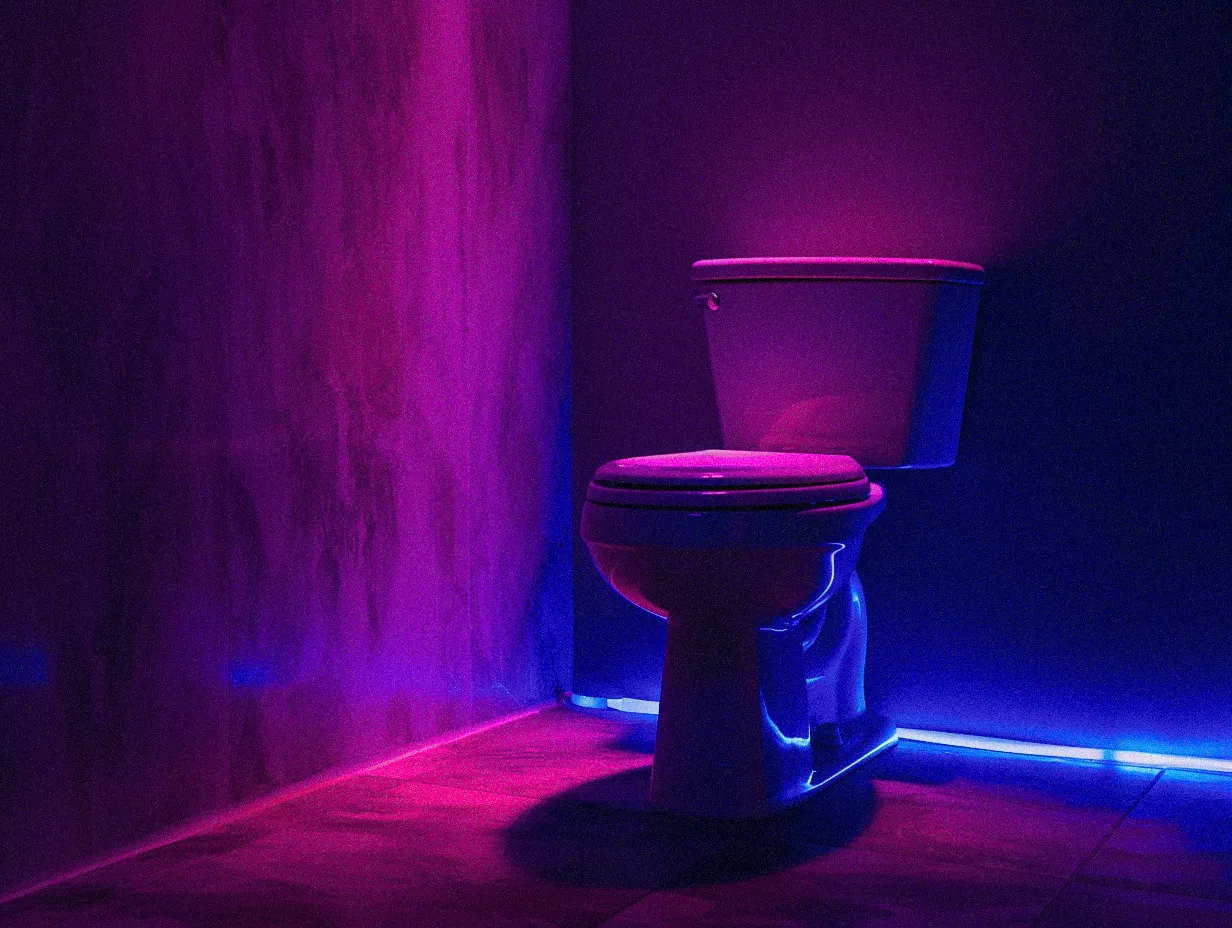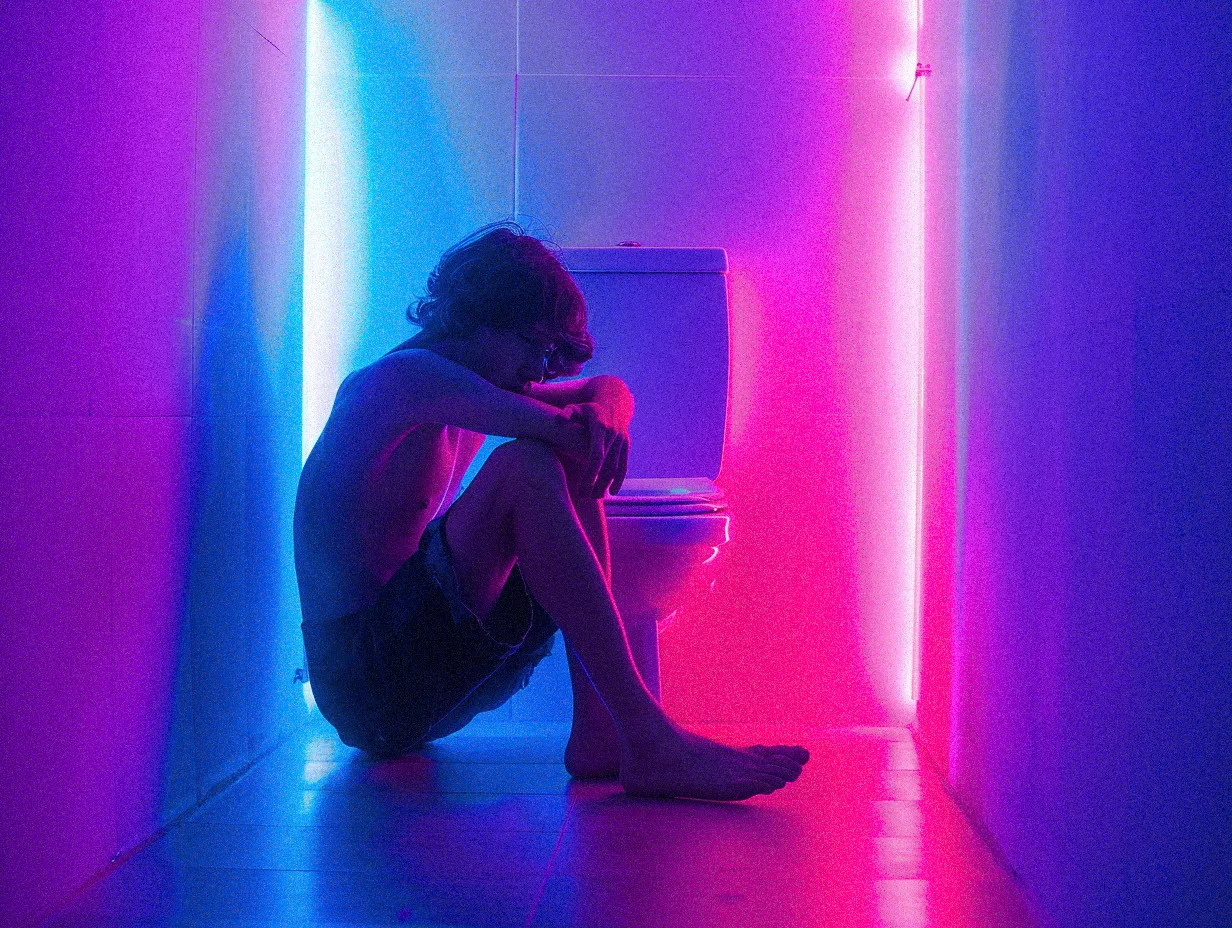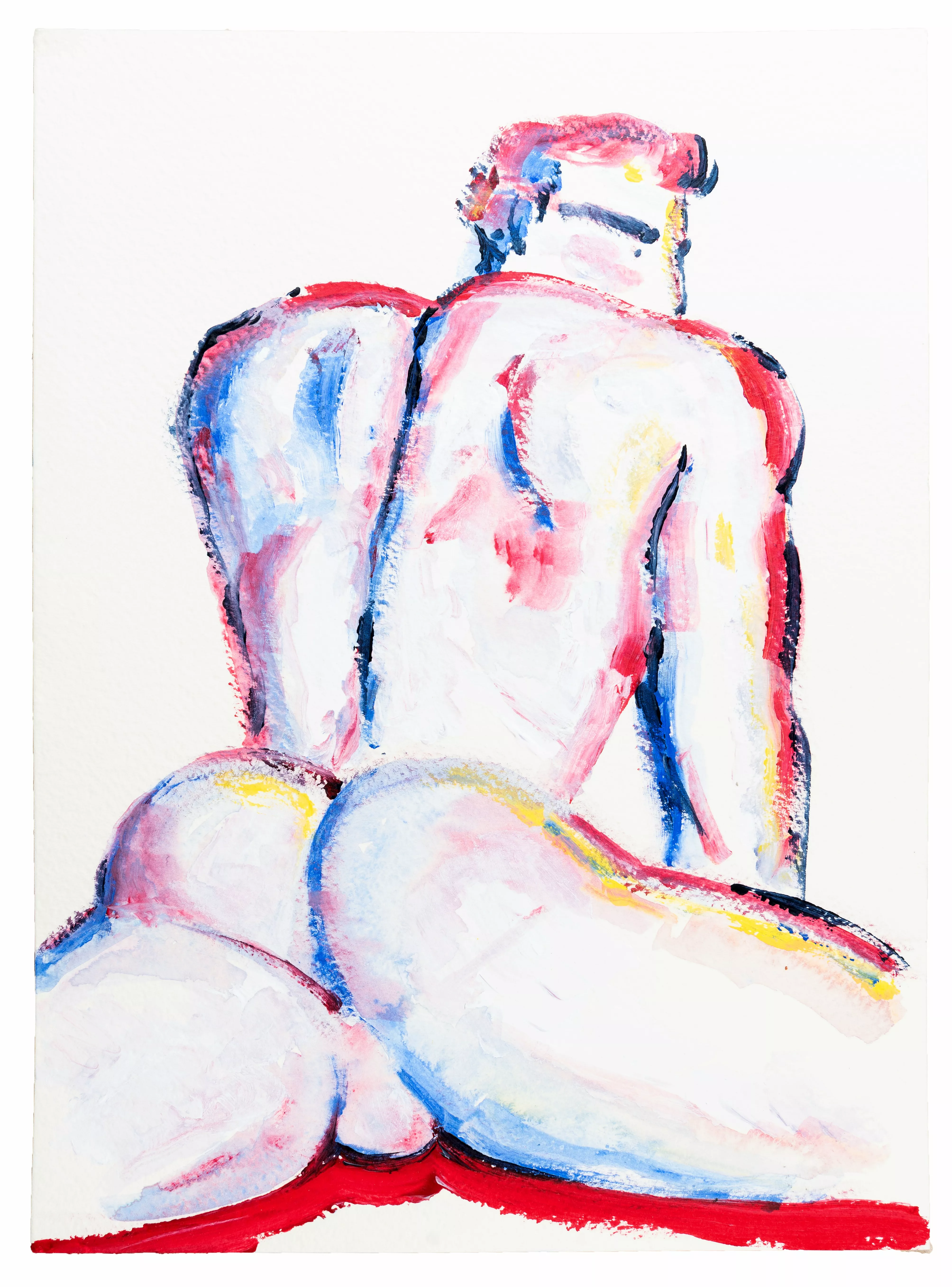Pee Shy - What is Pee Shy (Paruresis)
3744
Shy bladder syndrome, or paruresis, is a social anxiety disorder where individuals struggle to urinate in public or shared restrooms.

What Does Being Pee Shy Mean?
Pee shy, or shy bladder syndrome, or paruresis, is a social anxiety disorder where a person struggles to urinate in the presence of others. It is a common type of social phobia, ranking just behind the fear of public speaking, and often appears during school years. Affecting both men and women across all races, being pee shy ranges from occasional performance anxiety, such as being unable to urinate alone at home. This condition is also referred to as avoidant paruresis, psychogenic urinary retention, and pee-phobia.
Struggling to urinate in public restrooms regardless of the urgency, driven by a strong fear of being heard or seen can often lead to avoiding situations where public restrooms might be needed, such as social events, travel, or work. To minimize the need to urinate, they might decide to drink less fluid, feel anxious or nervous when attempting to use public toilets, prefer empty restrooms or have only one toilet, and might even return home during breaks to avoid using public facilities.
The True Definition
- When someone wants to take a shit, but noticed someone else around so he/she/they couldn't shit.
- When someone wants to fart, but there are people around so they can't/won't fart or try very hard to fart discreetly.
- When someone wants to get fucked but try very hard to squeeze their hole.
Book a consultation with us if you have concerns. To book an appointment, please email us at info.bkk@pulse-clinic.com or chat on your preferred platform:
![]() +66 65 237 1936
+66 65 237 1936  @PULSEClinic
@PULSEClinic ![]() PulseClinic
PulseClinic
What Causes Shy Bladder?
Shy bladder syndrome is not a physical issue, as there is nothing wrong with the urinary tract. The problem lies in the need for the urinary sphincter to relax for urine to flow from the bladder through the urethra. Anxiety about peeing can overstimulate the nervous system, causing the sphincter to tighten. This inability to urinate increases anxiety, especially when the bladder is uncomfortably full.
Being pee-shy can grow from various causes. For some, a lingering sense of insecurity in public restrooms from a young age gradually develops into the condition. Others may begin experiencing it after abuse, assault, or other traumatic events. In some cases, the cause remains unclear, adding to the distress. Shy bladder occurs when anxiety about peeing in the presence of others overwhelms the mind, leading to fear, worry, and panic.
Unsuccessful attempts to urinate increase feelings of embarrassment, frustration, and shame, reinforcing a pattern of avoidance that exacerbates the issue. Each time this pattern is followed, anxiety intensifies, making them feel trapped and defeated. However, it is possible to overcome these challenges!
Add us on Line and stay in touch.
What Are The Symptoms?
People with pee shyness often have sensitive, shy, and conscientious personalities and fear being judged or criticized by others. The condition can vary in severity, from mild to severe.
Severe shy bladder syndrome may manifest through:
- A strong need for complete privacy when using the toilet
- Fear of others hearing the urine hitting the toilet water
- Fear of others detecting the smell of urine
- Negative self-talk while trying to urinate, such as, “I can’t do this. I will never be able to pee. I’m so stupid.”
- Difficulty peeing in public restrooms or at others’ homes
- Unable to pee at home when guests are present
- Difficulty peeing at home if someone is waiting outside the toilet
- Anxiety about needing to use the toilet
- Restricting themselves from drinking to lessen the need to pee
- Avoiding travel and social events
Why it is Similar to Agoraphobia
Severe shy bladder syndrome, or being pee shy, can impact a person’s life similar to agoraphobia, which involves anxiety about being in places or situations where escape appears difficult, such as crowds or being away from home.
If someone can only pee successfully when alone at home, they may begin to avoid leaving their house, which can destroy their quality of life and limit job opportunities.
Diagnosis
Various physiological conditions can interfere with urination. For example, prostatitis can make it difficult for men to pee. Typically, a doctor will conduct a series of tests to rule out any physical issues with the urinary tract.
If you are unable to pee successfully when alone at home the diagnosis is likely shy bladder syndrome. The doctor might recommend short-term use of medications such as tranquilizers or antidepressants to ease anxiety, though these will not cure the condition. In severe cases, learning self-catheterization may be suggested. This involves using a slender tube inserted through the urethra into the bladder to drain urine.
Treatment
You may want to start looking to join a shy bladder syndrome support group in your area. In severe cases, seeing a psychologist would be a helpful treatment option. Treatments may include:
- Relaxation techniques – to learn various techniques for getting rid of anxiety
- Psychotherapy – a form of counseling that focuses on addressing current issues and teaches problem-solving skills
- Cognitive behavioral therapy – changing the way you think and behaviors
- Graduated exposure therapy – a gradual program where they intentionally attempt to pee in progressively more challenging locations. Approximately 80% of people with shy bladder syndrome benefit from this graduated exposure therapy
Graduated Exposure Therapy Explained
In this treatment option, you will follow your psychologist's advice for graduated exposure therapy:
- Rank locations: List places from easiest to hardest for peeing, starting from home and moving to more challenging public restrooms.
- Use a pee partner: Have a trusted person support you.
- Gradual practice: Begin with your partner close to your home toilet, and gradually move them closer while practicing peeing.
- Increase Noise: Make noise while urinating to desensitize yourself, with your partner nearby.
- Move to public restrooms: Once comfortable at home, practice in quiet public restrooms, then progress to busier ones.
- Practice regularly: Aim for 3-4 times a week, drink plenty of water before sessions, and avoid negative self-talk.
- Be patient: Progress slowly and expect improvement after about 12 sessions.
Add us on Line and stay in touch.






